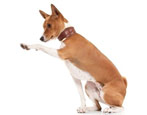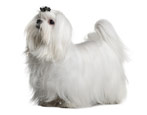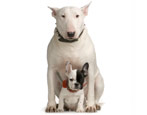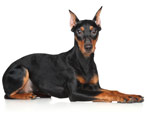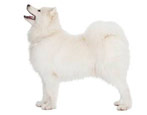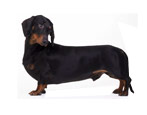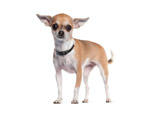What kind of fruits can you give to dogs?
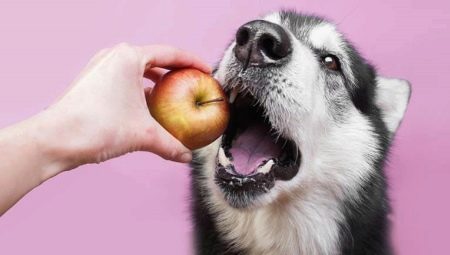
The benefits of fruits for the human body are unconditional and indisputable. But not all dog owners know exactly the answer to the question of whether it is possible to treat such products to their beloved pets, which a caring owner wants only health and well-being.

What is allowed?
Whatever one may say, but the diet of the average dog cannot be called varied. Either the owners, sparing no expense, buy dry food, or they regularly cook porridge for pets with meat and fish. Sometimes dry food is combined with natural food, contrary to the advice of veterinarians. But the dog's menu is not replete with an abundance of vegetables and fruits.
At the same time, veterinary experts believe that adding fruits, berries, fresh herbs and vegetables to dogs is simply necessary so that the pet can receive as many nutrients, vitamins, minerals, fruit acids as possible, which are necessary for the normal functioning of the body as a whole and for metabolism. substances in particular.
Suffice it to recall the times when there was no dry food in the USSR. They cooked soups and cereals for the dogs, added fruit, and everyone felt good and wonderful. The dogs were beautiful, healthy, worked, won international dog competitions, successfully served in the police and the army.

It makes no difference what your modern dog eats, it makes no difference what a wonderful breed he is - fruits are needed as an additive to both dry food and natural nutrition, experts say. But you should strictly follow the rules for introducing them into the diet, and also have a good idea of which foods are acceptable and which are not.
Fruit is needed by a non-sick dog who is already suffering from hypovitaminosis or metabolic disorders, because apples or bananas cannot cure anything.They are added to the diet of healthy animals to balance the diet. And this is the first and main rule, which makes it clear that it is not worth pinning too high hopes on fruit.
But fruit is a great option to solve the problem with a healthy treat, which you can pamper your dog during training, reward for diligence and following commands, and demonstrate your love.
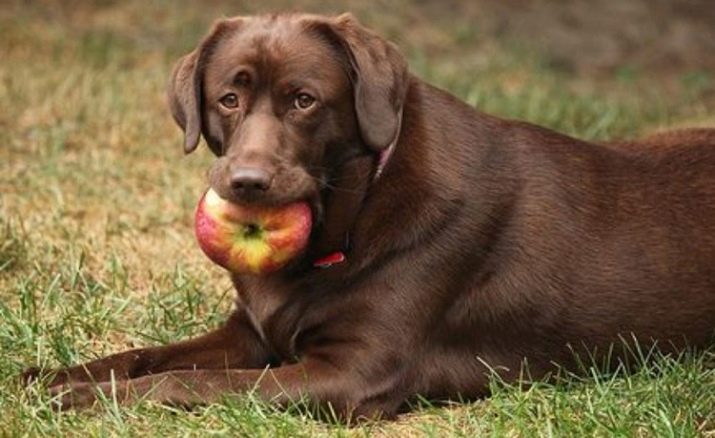
For these purposes, specialists have created a list of acceptable products.
- Apples - rarely allergenic, especially when it comes to green and yellow varieties. It is advisable to peel off the peel, be sure - if the apples are purchased and out of season. It accumulates chemicals that manufacturers use to process products for longer storage and better presentation. These substances are dangerous. Otherwise, almost all types of apples are acceptable in small quantities.
This is the first fruit that, along with cottage cheese and grated carrots, is allowed to be added to the puppy's menu.
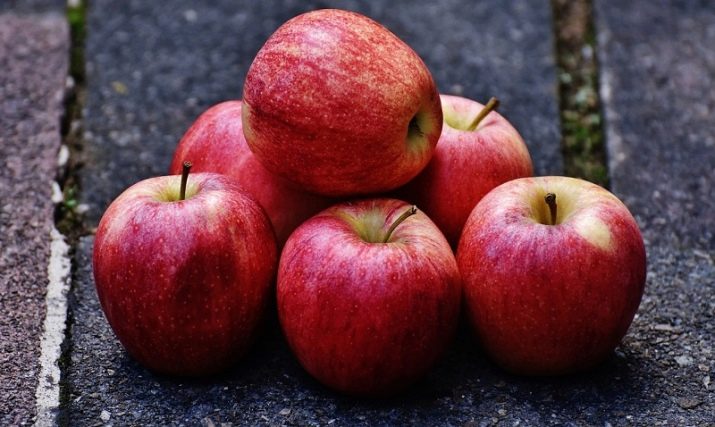
Bananas - OK, but don't give too much as it will be difficult for the dog to digest. For animals, it is better to choose unripe bananas in an amount of no more than half twice a week.
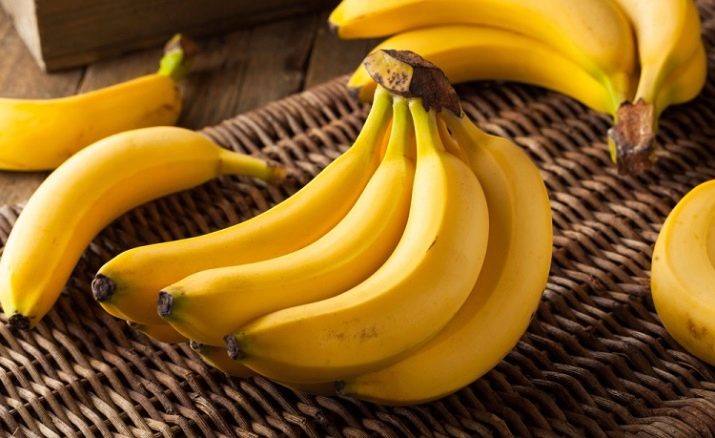
Melon - An excellent remedy for constipation for dogs that are prone to constipation. But it should not be overlooked that the melon flesh is very sweet, and the melon peel is indigestible.
Therefore, they give only the pulp, peeled, in small quantities, no more than once a week.
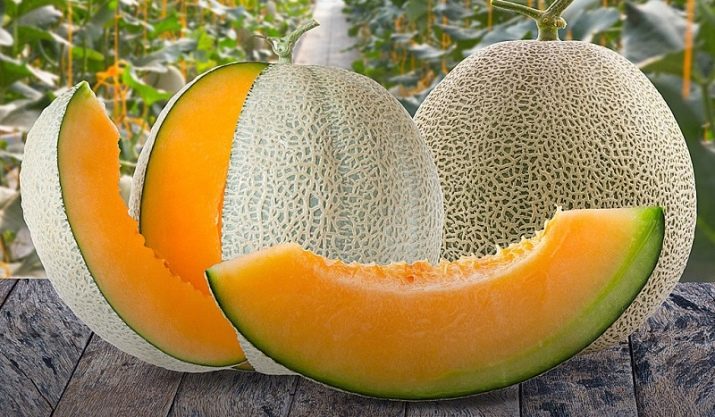
Watermelon - eliminate the symptoms of dehydration, are useful in hot weather, especially for pets that do not tolerate heat well (pugs, sharpei, boxers and other brachycephals with a short trachea).
You can give not early watermelons, without peels and seeds.
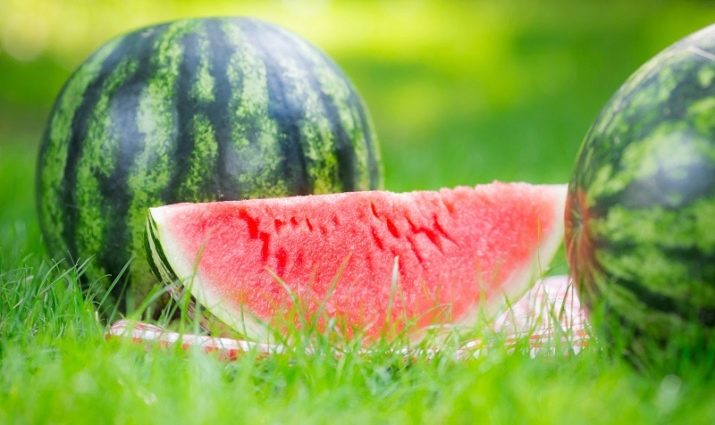
Plums - can be given to a pet if the fruits are ripe and pre-pitted. If the plum has been lying for too long or is overripe, alkaloids appear in it, which cause clouding of consciousness and indigestion in the animal.
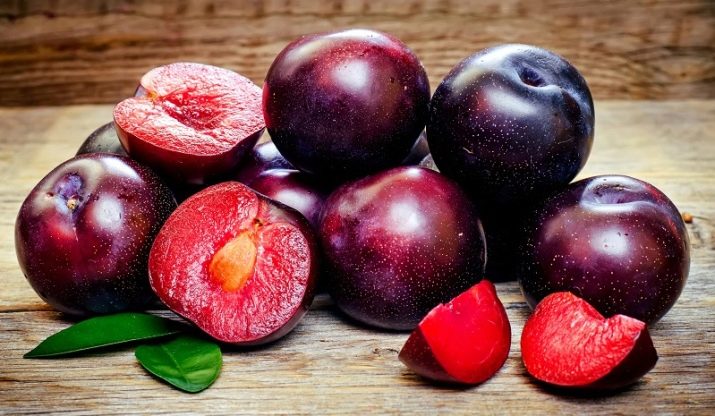
Pears - almost hypoallergenic, acceptable for representatives of all breeds. It is important to peel them before offering them to the dog, and also to cut them into pieces to prevent the dog from choking.
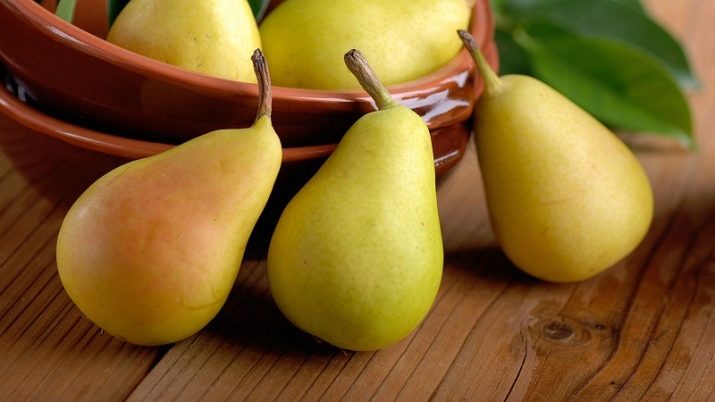
Gooseberry - useful and pleasant for dogs, especially if they are accustomed to eating fruits from childhood.
Do not give off-season, store-bought gooseberries.

Blueberries and currants - berries allowed for four-legged pets. But the dog may not like their taste in their pure form, and therefore they can be mixed into porridge or given in the form of dried fruits.
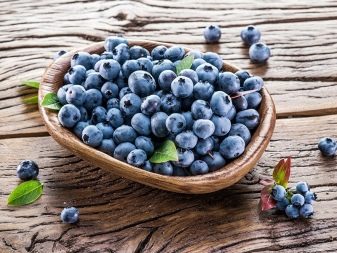
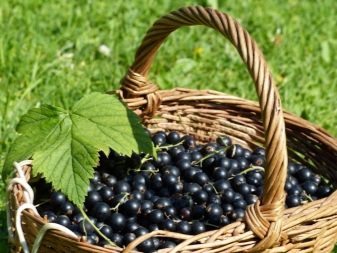
Prohibited Products
Fruits not recommended by veterinarians are divided into those that should be strictly limited, since in significant quantities they can cause an inadequate reaction of the dog's body, and absolutely contraindicated.
The limited ones include papaya, which has a strengthening effect. This can be helpful for diarrhea, but it can result in constipation and high blood sugar for a healthy dog.
Kiwi should not be overused either - it is permissible to offer a medium-sized dog no more than two slices of fruit per month.
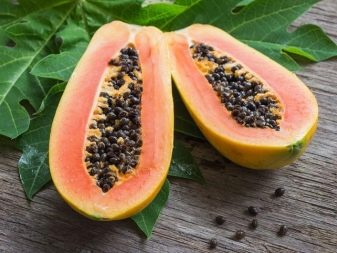
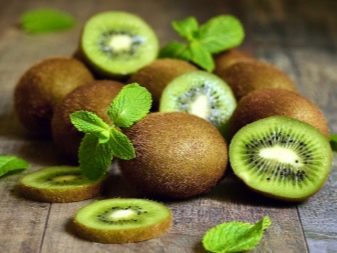
Give limitedly:
persimmon - ripe, pitted with constipation;
cherries - give fruit, free from pits, if the dog loves it, there is no particular benefit from the fruit;
apricot - you need to offer it to your pet without a bone and skin (it is almost indigestible, which creates a load on the pancreas);
strawberries - can cause an allergic reaction, only berries grown independently without the use of chemicals in an amount of 2-3 per week are permissible;
raspberries are a very allergenic product, almost unsuitable for fortification of dogs, which are predisposed to food allergies from birth.
Cherries and blackberries can be added to this list.
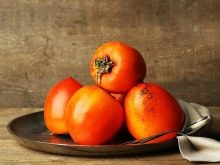
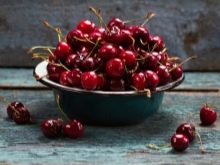
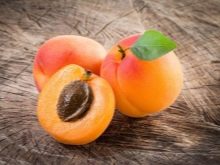
Absolutely contraindicated products include those that can cause not only allergies, but also severe toxic effects.
All citrus fruits without exception - after their use, even in small quantities, the mucous membranes of the digestive tract are irritated with a large amount of fruit acids. For dogs with poor digestion, this can result in the development of pancreatitis.
Grapes and raisins - in most dogs it can cause severe renal failure, and in dogs of small and small breeds it causes severe diarrhea, vomiting, which quickly turns into systemic dehydration, which is a lethal danger.
Garnet - strongly irritates the mucous membranes of the stomach, the bones contain a natural toxic component that can cause severe food poisoning in dogs of small and small breeds.
Avocado - contains substances that can suppressively (suppressively) affect the heart muscle of dogs and muscles that ensure the work of the respiratory system.
Peaches - the pulp can cause severe diarrhea in the animal. In the bone, if a dog eats it, there is an additional danger - poisonous substances.
Quince - the astringent fruit has a strong emetic effect.
These fruits should not be given to dogs, no matter how hard the dog tries to beg for them.
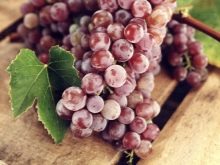
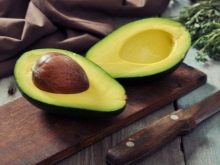
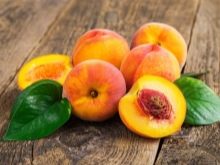
How to feed properly?
If you have firmly decided that your pet should have fruit in its diet, choose only permitted foods and start complementary foods with very small portions - literally 1-2 pieces... If, within a day after taking the product, the animal develops lacrimation, swelling of the nose, eyes, paw pads, respiratory disorders or indigestion and intestinal upset, then the fruit is not suitable for your dog, even if it is included in the list of permissible by specialists.
Stop taking this product and take your dog to your veterinarian. In some cases, it will be necessary to give the dog an antihistamine to reduce the sensitization symptoms.
The fruits for your dog should be grown without the use of nitrates and other fertilizers, which are usually used by agricultural producers to accelerate the growth of fruits for their own profit. The fruit should not show the slightest sign of incipient rot or mold.
Do not mix fruit with food. These are best given separately, for example, to reward your friend for good behavior or training success. If you have already fed the fruit to the animal on the same day, you should not offer milk and dairy products that day, this increases the likelihood of indigestion, indigestion and an allergic reaction.

For your dog to love and eat fruit, you need to start training from childhood. During this period, puppies can mix grated fruit into the porridge. An adult dog that hasn't eaten apples or pears before will find it much more difficult to get used to these kinds of treats. If your dog flatly refuses to eat plant foods, you should gradually add fruit to meat or fish.
Under no circumstances should you offer your dog fruit in the form of jam, preserves or preserves. These are very sweet foods and do not have any benefits for the dog's health. Dried fruits are given only homemade. This does not in any way apply to bulk dried fruits purchased in the supermarket. At home, you should also remove bones before drying or eating.
You can often find home-grown dog handlers on the forums of dog breeders, who in all seriousness recommend to those whose dogs have gained extra pounds to arrange fasting days for animals on fruits. It is absolutely impossible to do this. Even innocuous and permitted foods in large quantities cause food disturbances and metabolic abnormalities. It is better for such animals to cut back on the portion of feed, as well as increase the load due to longer walks, active games in the air.

You can find out more information on this issue by watching the video below.



